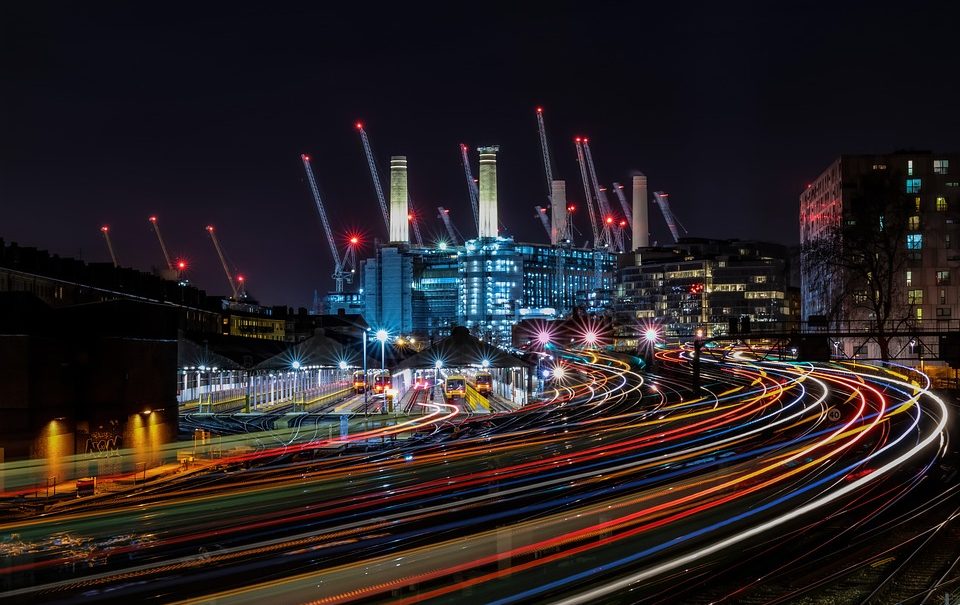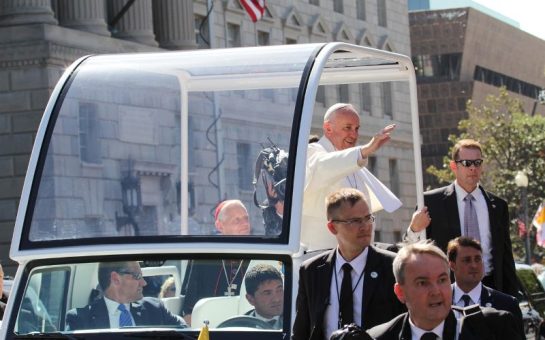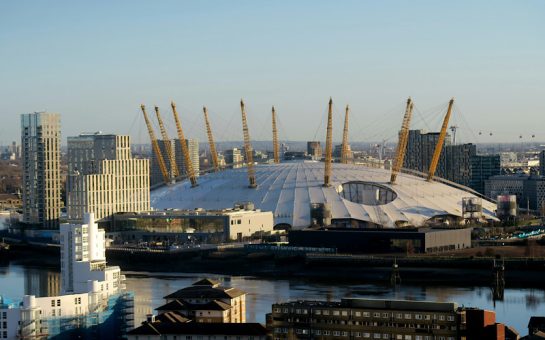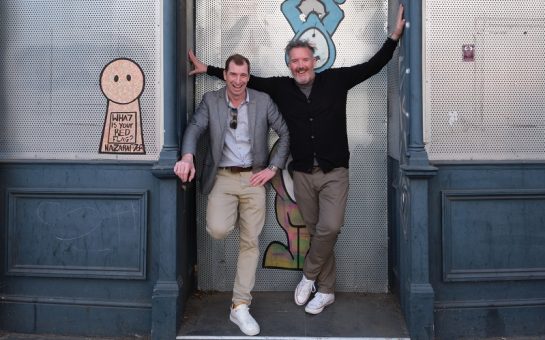Data obtained from the Mayor of London’s Annual Report and Statement of Accounts for the years 2019-2020, 2020-2021 and 2021-2022, revealed last year gross income from ULEZ (Ultra Low Emission Zone) charges rose to £225.7 million.
This figure is considerably more than the £77.1 million which was raised in the year 2020-2021. However, charges for ULEZ and the Low Emission Zone were temporarily suspended on 20 March 2020, explaining the steep rise in gross income collected.
The Mayor of London Sadiq Khan justified the suspension at the time to ensure London’s critical workers were able to travel around London as easily as possible during the lockdown and national emergency.
ULEZ was first introduced in 2019 and is part of Khan’s larger ‘Vision Zero’ which aims to “eliminate deaths and serious injury on London’s transport and road network.”
The charge operates alongside the congestion charge, which was first introduced on 17 February 2003.
Recently, the mayor of London confirmed ULEZ will be expanded to all 33 boroughs of Greater London from 29 August 2023 and the charge of £12.50 each day for motorists whose vehicles are not compliant with the emission standards has faced a significant backlash from residents and Conservative-run councils in the outer London boroughs.
During ULEZ’s first year in operation (with the year ending 31 March), the Mayor of London’s Annual Report and Statement of Accounts for 2019/2020 revealed £149.1 million was raised.
The income generated from charges has risen substantially since the zone was expanded for the first time in October 2021 up to, but not including, North and South Circular Roads.
Installing new cameras for this expansion started in August 2020 and cost £130 million.
Nick Rogers, London Assembly Member for South West London and the London Assembly Conservatives Transport Spokesman said: “ULEZ is quite clearly going to change the way that TFL makes a lot of its income.
“This is going to be one of the biggest changes in transport in London for decades.
“It sets up the infrastructure for broader road-user charging which is not based on emissions but anyone driving. I think that is the goal and the mayor doesn’t make a secret of that.”
“A large chunk of this is about revenue raising.
“From the very beginning of the mayor’s period in office, there has been poor financial management.
“I go back to when he was running for election in 2016 and he made a pledge to freeze fares on TFL. He didn’t actually freeze all of the fares but some of the fares which he had immediate control over.
“What that really did was create a hole in TFL’s finances which through accumulative effects has been getting bigger every year.”
A spokesperson for the Mayor of London said: “The Mayor has been clear that the decision to expand the Ultra Low Emission Zone London-wide was not easy, but necessary to reduce the capital’s toxic air pollution, tackle the climate emergency and cut congestion in our city. Around 4,000 Londoners die prematurely each year due to the toxic air in our city, with the greatest number of deaths attributable to air pollution in London’s outer boroughs.
“The aim of the ULEZ is, and has always been, to reduce emissions from road transport in order to reduce the health impacts of air pollution and the related cost to the NHS and businesses. It is proven to be effective, reducing harmful pollution levels by almost half in central London. Any money received from the scheme will be reinvested into running and improving London’s transport network, such as expanding bus routes in outer London.”
The maintenance of ULEZ also requires significant expenditure on new cameras, toll facilities, traffic management, administration, and support services.
The existing zone currently has around 650 cameras, and the new zone will be 18 times the size.
New technology means that around only 750 extra cameras will be required, according to the mayor of London’s report in 2020/2021.
After expenditure on toll facilities and traffic management, the net income raised from ULEZ charges last year was £111.4 million.
This was still far higher than the £66.6 million and £37.6 million collected from charges in the years 2019/2020 and 2020/2021 respectively.
Serious doubts were raised by critics recently over whether net income will immediately increase after the expansion of the zone, as a freedom of information request by the Evening Standard led to TFL (Transport for London) confirmed the expansion will cost in the region of £200 million.
The London Assembly’s budget committee were recently told installing new signage and an additional 2,750 cameras will cost £160 million.
More recently, Sutton and Harrow Councils have indicated they will not cooperate with TFL by installing new cameras needed to enforce the expansion.





